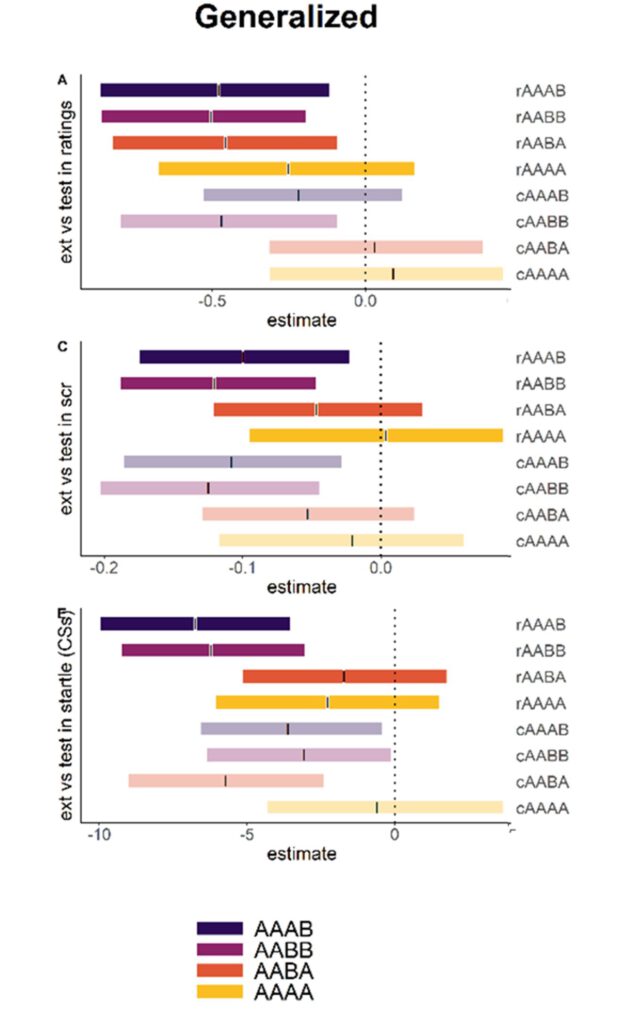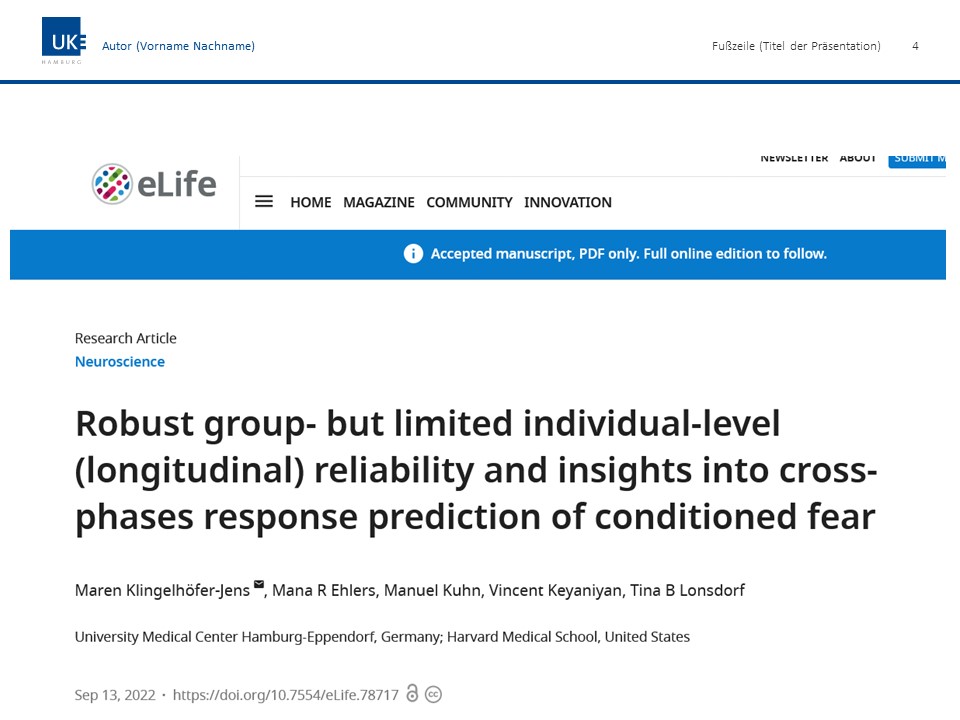
NEW Preprint
Introducing a curated collection of 103 datasets in the field of fear conditioning research (in humans) as well as simple steps for F.A.I.R. data sharing tailored to field specific challenges!
We identified 103 publicly available datasets in the field and provide an overview of the status quo.
Data sharing is becoming increasingly used since 2018 in the field, so now is the time to recapitulate their (re-)usefulness for secondary use.We also provide an overview of key meta-data of the 103 datasets which are included in the curated collection. We think, this is a great resource applicable to numberous use cases.
This work allowed us to extract general and field specific challenges and immediate solutions on how to improve (re-) usability of data in our field. We provide a detailed table with simple steps including relevant references and links to additional resources.
As data sharing is becoming increasingly “popular”, we highlight that we should now focus on the structure and re-usability (the R in F.A.I.R) to maximize the benefit for the scientific community and general public. This requires field-specific considerations as provided here.
Check out the preprint with Mana!
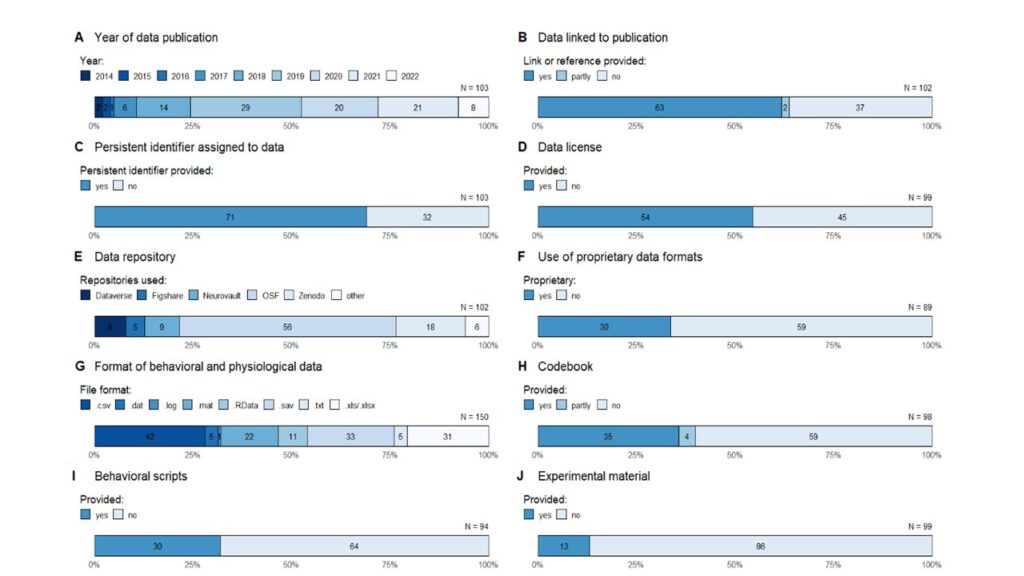
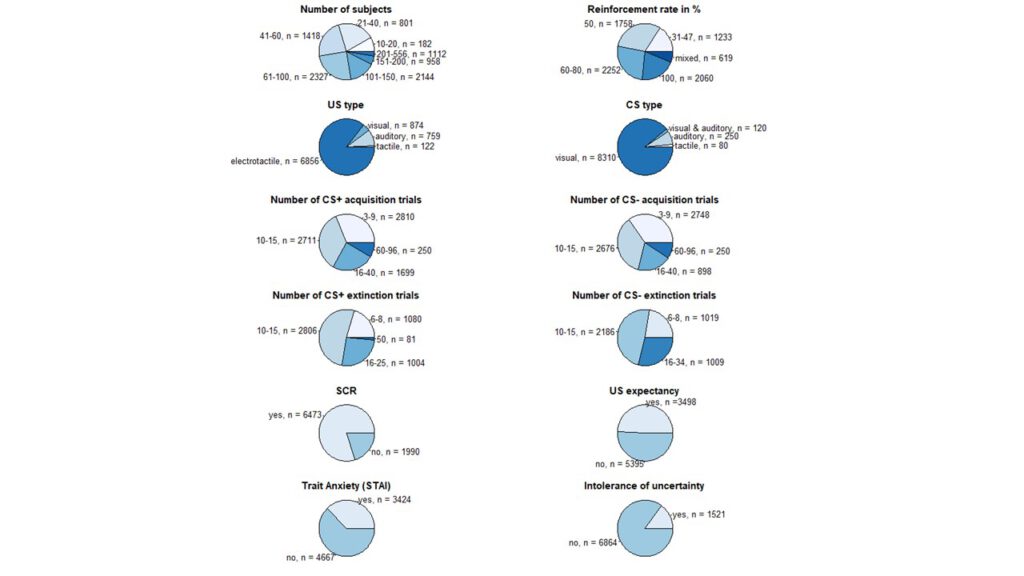
New preprint! How does childhood maltreatment get “under your skin”?
Years of data collection and finally a preprint! We investigate the impact of childhood maltreatment (CA) and recent adversity (RA) on pysiological responding during affective processing in a large sample of 586 participants! Preprint: https://psyarxiv.com/wjeyg/! Congratulations to Alina Koppold and Alex Kastrinogiannis to their first paper and also to former lab member Manuel Kuhn!
Bonus: Manuscript comes with open data and code and is written reproducibly in R markdown with the papaja package! This means you can do the magic and generate the manuscript from the data and code we provide with a single “knit”.
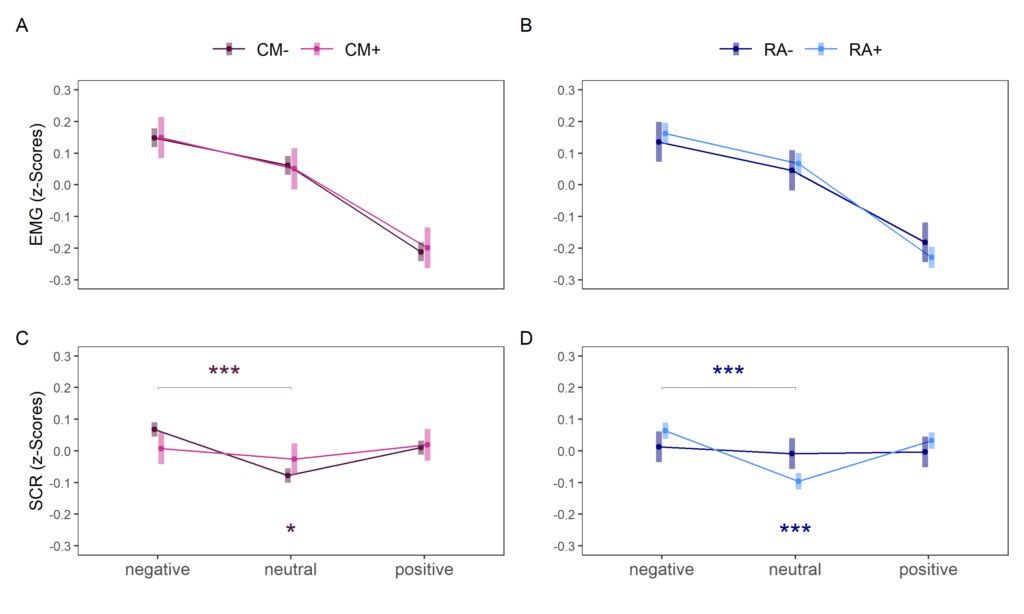
We also compare the agreement bewteen two established questionnaires to assess childhood maltreatment.
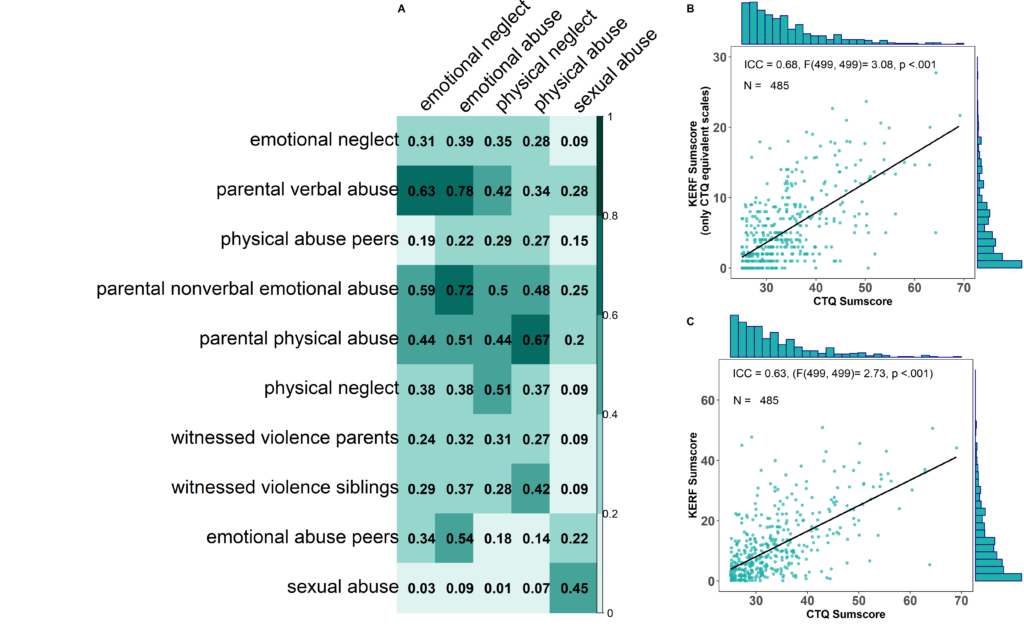
Ketchup
The lab had a litte COVID-related gap with lots of stuff being delayed for a lot of reasons including (massive) delays in data collection and increased care work for team members with small kids which let to substantial delays in working on revisions.
Now, we experience something that the PhD advisor of Tina’s husband referred to the “ketchup effect” (when you press the ketchup bottle for a long time and nothing comes out and then everything at once). Only this is about paper publications and not ketchup.
Our “the magnificent three” multiverse papers are now all published.
(1) “Multiverse analyses in fear conditioning research” (+ Rpackage) published in BRAT with Anna Gerlicher, Maren Klingelhöfer-Jens and Angelos Krypotos & Tina
(2) “Navigating the manyverse of skin conductance response quantification approaches – A direct comparison of trough-to-peak, baseline correction, and model-based approaches in Ledalab and PsPM” by former post-doc Manuel Kuhn, Anna Gerlicher and Tina has been published in Psychphysiology
(3) “A data multiverse analysis investigating non-model based SCR quantification approaches” by former post-doc Rachel Sjouwerman, Sabrina Ilius, Manuel Kuhn and Tina has been accepted for publication in Psychophysiology.
May the future be multiverse!
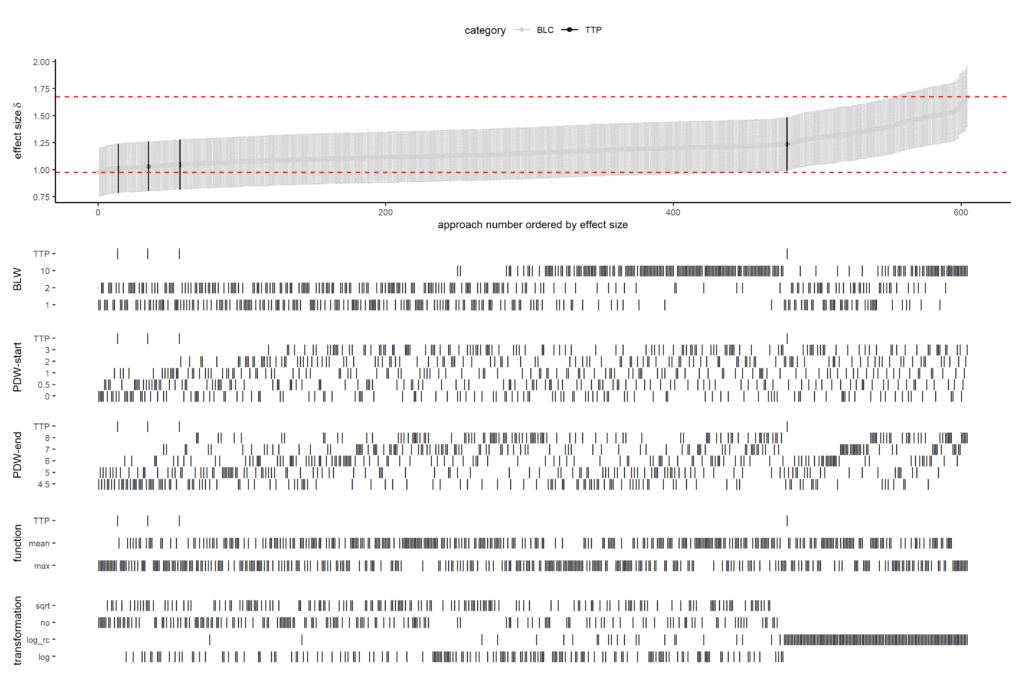
New preprint: Systematically investigating the role of context on effect replicability in reinstatement of fear in humans
New preprint and fawewell present from and for Rachel! A paper that has been in the making for nearly as long as she was in the lab (5 years!). We ystematically investigate the role of context on reinstatement-induced return of fear in a human differential fear conditioning paradigm using subjective and psychophysiological measures in a largesample (N=212) including reinstatement and control groups using Bayesian mixed models. Preprint here https://psyarxiv.com/65njk/.
